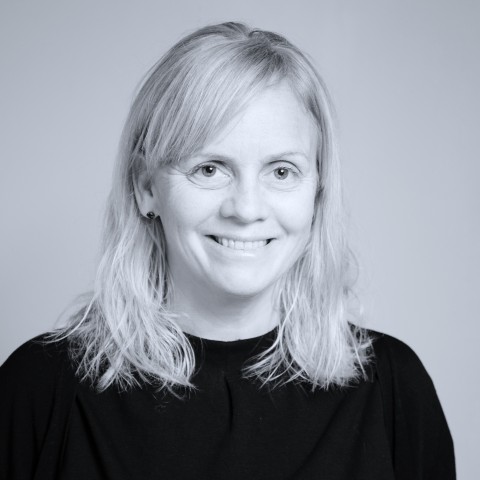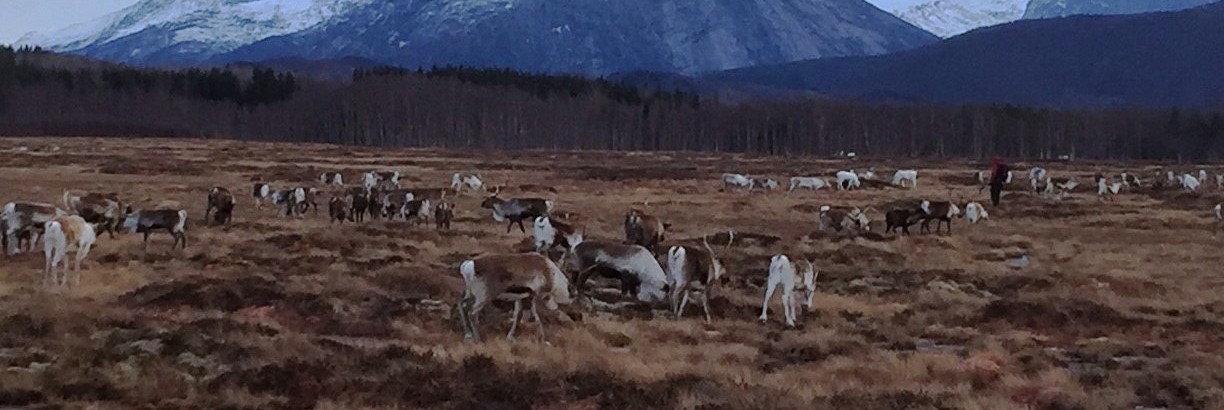This project will investigate how feeding of reindeer will affect animal welfare, health, food safety and the Sami culture and traditions.
Traditional Sami reindeer herding as we know it in Norway is about to change. Pastureland is being lost and climate change contributes to increased icing of winter pastures, making it difficult for reindeer to find enough food. At the same time, it is important for the herders to keep the number of animals stable to have a sustainable outcome. One strategy to cope with the situation is to feed the animals. One effect of this practice is that traditional reindeer herding is drifting towards husbandry and farming. This project will investigate how feeding of reindeer will affect animal welfare, health, food safety and the Sami culture and traditions. We want to conduct a questionnaire among reindeer herders, that will be supplemented by interviews. This is to document traditional knowledge on health and diseases and possible effects of different ways of feeding the animals, such as type and amounts of feed. We will also focus on the different reasons why reindeer herders are feeding. We will also document how reindeer, that are used to spend a lot of their time searching for food, are behaving when they are fed. To do this, we will attach GPS transmitters on reindeer calves to track their movement patterns during winter. This will be done in three herds in Norway and one in Sweden, having different feeding arrangements, varying from no feeding to feeding on a daily basis and year-around. The calves will be followed for three consecutive years, as ½, 1 ½ and 2 ½ years old. These calves, together with a larger number of animals from the same herds, will be sampled for the investigation of infectious disease agents, by obtaining blood samples and swab samples from eye, nose, mouth and genitalia. At the end of the project period, we will arrange regional seminars with reindeer herders and management people, to present the main results from the project. Results will also be disseminated through scientific papers, conference presentations and as popular science.


